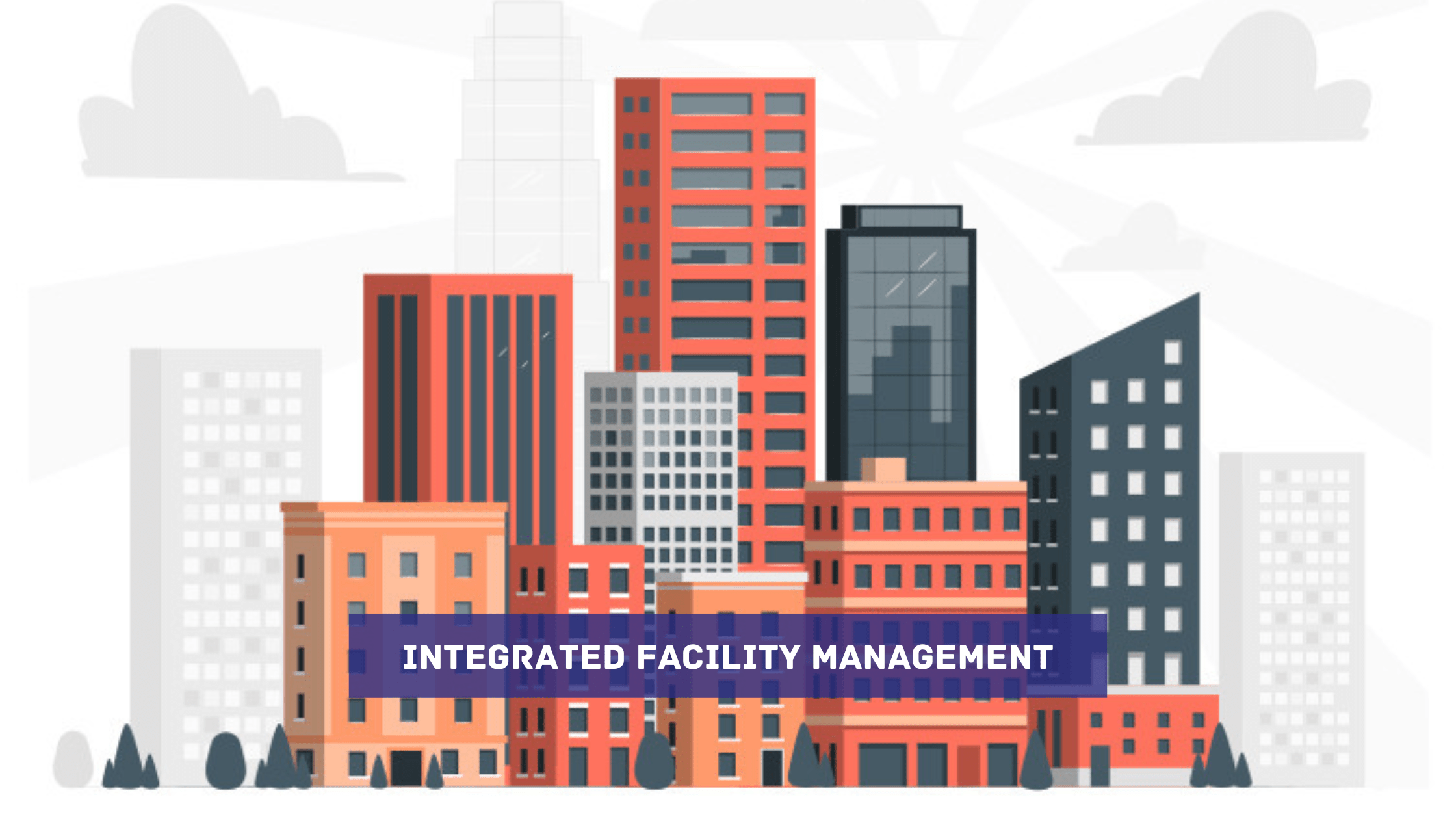- 04-254-5445 / TOLL FREE - 800 (BLUE) 2583
- Info@bluediamondfm.com
In today’s fast-paced and ever-evolving business landscape, staying ahead of the competition requires more than just innovative products or services.
It calls for a holistic approach to managing our business assets, and that’s where Facility Management (FM) comes into play.

Integrated Facility Management (IFM) has emerged as a smart solution that addresses these needs comprehensively.
This article delves deep into the world of FM, shedding light on its significance, benefits, and how we can propel our business to new heights.
It encompasses a wide array of services, including maintenance, security, cleaning, catering, and energy management. Unlike traditional facility management, which handles each of these services separately.
FM integrates them into a seamless and efficient system, thereby optimizing operations.
1. Enhanced Efficiency
One of the primary advantages of IFM for businesses is the enhancement of operational efficiency. By consolidating various services under one umbrella, organizations can streamline their processes and reduce redundancy.
This results in significant cost savings and a more agile operation.
2. Cost Savings
IFM has the potential to reduce operational costs significantly. When managed effectively, it can help you identify areas where resources are being underutilized, allowing for better allocation of budgets.
FM often leverages economies of scale, enabling you to negotiate better deals with service providers.
3. Improved Focus
With IFM in place, businesses can shift their focus from day-to-day facility management to core strategic activities.
This increased concentration on core competencies often leads to improved productivity and a competitive edge in the market.

As previously mentioned, FM streamlines various facility management functions, creating a well-coordinated system.
This ensures that the right services are delivered at the right time, reducing downtime and disruptions.
2. Increased Sustainability
FM can also contribute to your organization’s sustainability goals. By optimizing energy management and implementing eco-friendly practices, you can reduce your environmental footprint and gain a reputation as a socially responsible business.
3. Enhanced Security
Security is a critical aspect of facility management. FM incorporates security services, ensuring the safety of your employees, clients, and assets.
This not only provides peace of mind but also safeguards your brand’s reputation.
4. Scalability
IFM is highly adaptable and can be tailored to the specific needs of your business. Whether you are a small startup or a large corporation, the flexibility of IFM allows you to scale services up or down as required.
Implementing IFM begins with a thorough assessment of your organization’s facilities and requirements. Once these are identified, a customized strategy is developed to integrate various services.
Key steps in the process include:
1. Needs Assessment
An in-depth analysis of your facility needs, including maintenance, security, and energy management requirements.
2. Service Integration
Integration of various services into a unified system, creating synergy among different functions.
3. Continuous Improvement
Regular monitoring and fine-tuning of the IFM system to ensure it continues to meet your organization’s evolving needs.
While Integrated Facility Management offers a multitude of advantages, it’s essential to assess whether it’s the right fit for your business.

Factors such as the size of your organization, your industry, and your specific needs should all be considered.
To determine if FM is a suitable solution, consult with a professional Facility Management provider who can assess your requirements and propose a tailored plan.
Future Trends in IFM
The world of Integrated Facility Management is continually evolving. Stay ahead of the curve by exploring upcoming trends in IFM, such as AI-driven facilities management and sustainability initiatives.
1 IoT and Smart Buildings
The Internet of Things (IoT) is set to play a central role in IFM, enabling real-time monitoring and data-driven decision-making.
Smart buildings equipped with sensors and automation systems will enhance energy efficiency and occupant comfort.
2 Artificial Intelligence (AI)
AI-driven predictive maintenance will reduce equipment downtime and cut maintenance costs.
Chat bots and virtual assistants will enhance customer service and streamline communication with facility users.
3. Data Analytics
Advanced analytics tools will provide insights into space utilization, helping organizations optimize their real estate portfolios.
Predictive analytics will support demand forecasting, leading to more efficient resource allocation.
By adopting Integrated Facility Management, businesses can achieve a smarter, more efficient operation that aligns with the ever-evolving demands of today’s dynamic business landscape.
It’s not just a smart solution and strategic advantage that can help companies thrive in a competitive world.
Conclusion:
Integrated Facility Management is not just a buzzword but a transformative approach that can redefine the way businesses manage their facilities.
It offers efficiency, cost savings, and a competitive edge.
If you’re looking to streamline your operations and improve your organization’s overall performance, consider the benefits of IFM.
Embracing this innovative approach can be the key to staying ahead in the highly competitive business world.
Blue Diamond Group Is Recognized as a Leading Facilities Service Provider in UNITED ARAB EMIRATES.
Head Office: MJM Al Ansari Building, Port Saeed, Deira, Dubai.
Blue Diamond Group 2024![]() All Rights Are Reserved.
All Rights Are Reserved.
ISO CERTIFIED COMPANY 9001, 14001, 45001, 41001.
Get in touch with us